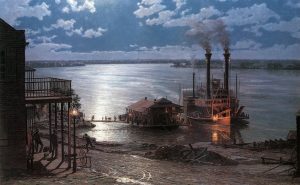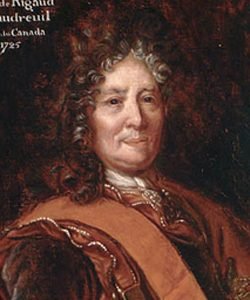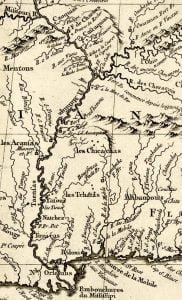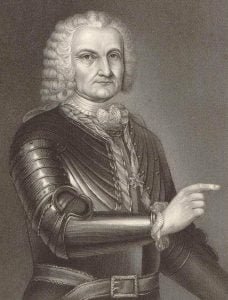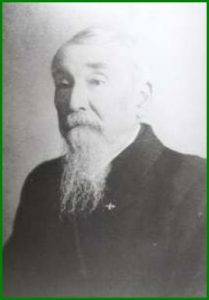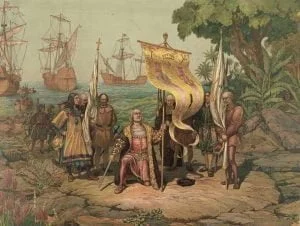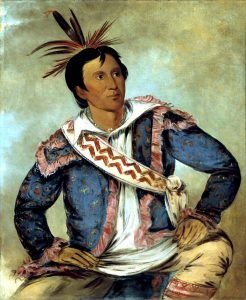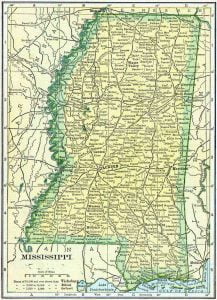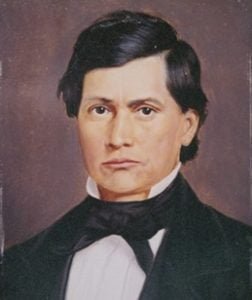Natchez Trace
In 1792, in a council held at Chickasaw Bluffs, where Memphis, Tennessee, is now located, a treaty was made with the Chickasaws, in which they granted the United States the right of way through their territory for a public road to be opened from Nashville, Tennessee, to Natchez, Mississippi. This road was long known, and no doubt, remembered by many at the present time by the name “Natchez Trace.” It crossed the Tennessee River at a point then known as “Colberts Ferry,” and passed through the present counties of Tishomingo, Ittiwamba, Lee, Pantotoc, Chickasaw, Choctaw, thence on to Natchez, and … Read more

